This grass has toxic effects on US livestock, and it’s spreading
Grist
MARCH 27, 2024
This story was produced in collaboration with the Food & Environment Reporting Network , a nonprofit news organization. Friendly fescue hit the market in 2000, developed by Pennington Seed Inc. Friendly fescue soil, by contrast, has more microbes than toxic fescue soil. The fear of failure is a big deal,” he said.


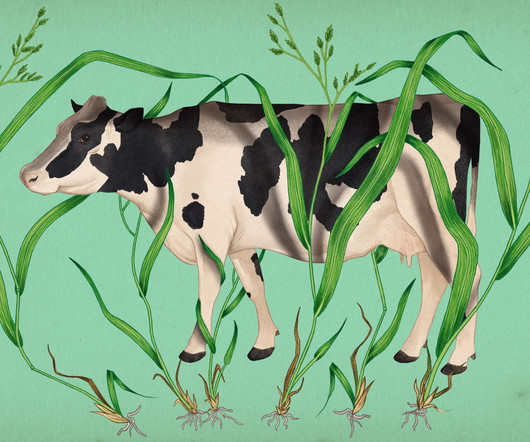


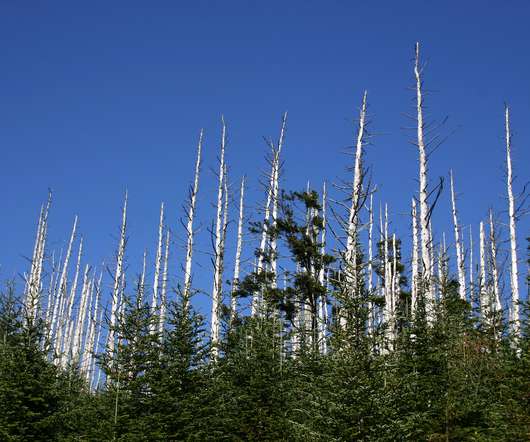
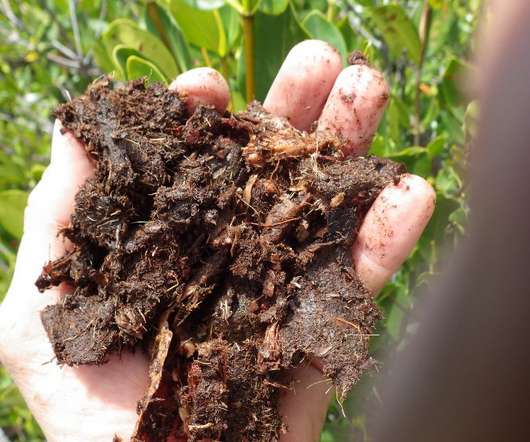
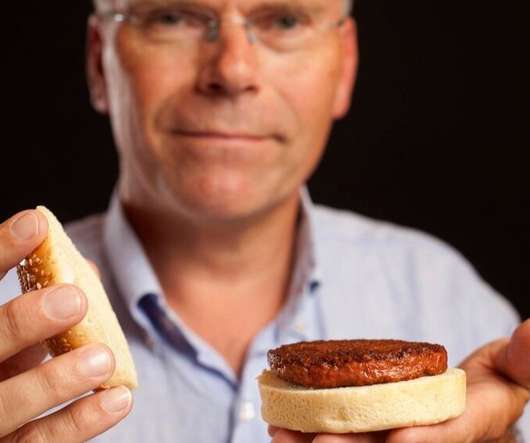
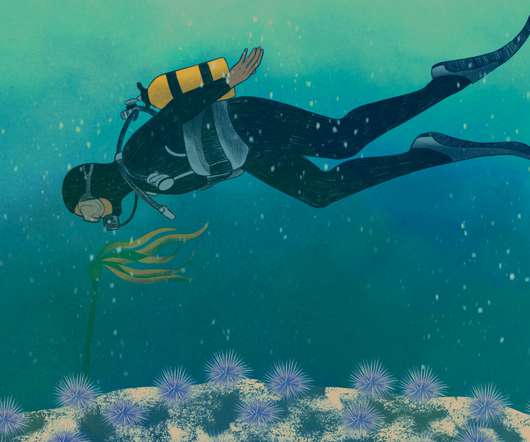
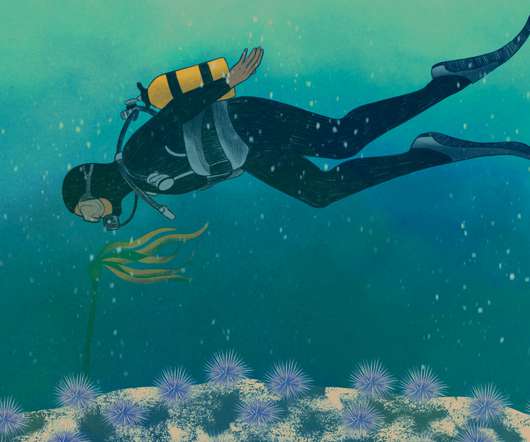








Let's personalize your content